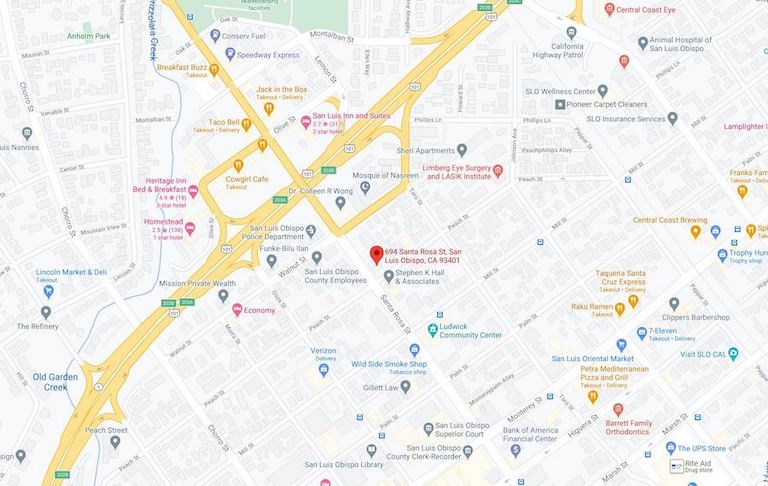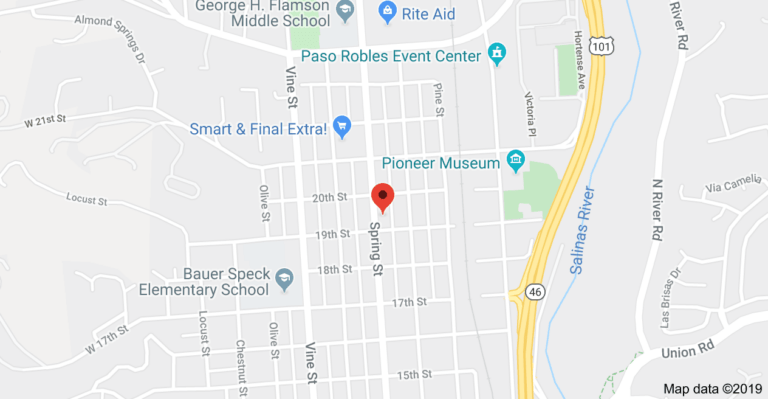What Is an NDA?
An NDA is an essential tool for a business transition or a transaction that has a temporally limited purpose. A well-drafted NDA allows both sides to consider a business arrangement with all necessary information within the veritable “cone of silence.” Using an NDA is akin to keeping sensitive ears from hearing damaging information, like the child being instructed to put on earmuffs by his dad, played by Vince Vaughn, in the movie Old School. Selling a business requires attention to several well-planned steps.
Business Transactions
Business owners should exercise caution and take the requisite care to protect their investment, and themselves, in the event that a transaction falls through. When a transaction is cancelled, for example, what happens when all of the financial information, trade secrets or other sensitive information, and even the fact of the existence of the potential sale, letter of intent, or proposal, have been provided to the buyer as part of the buyer’s analysis or diligence of the business? Can the confidential information be remembered or retained and then used or disclosed by the former buyer to damage the business and its employees? Without a Non-Disclosure Agreement (“NDA”) to protect confidential information, the answer is “yes”.
Protect Your Business
NDAs protect a business’s most valuable assets, confidential information and data. Information shared by the business owner for the purposes of negotiating a transaction should be kept from disclosure to third parties or from being used outside of the intended purpose necessitating use of the NDA. It allows the buyer to “kick the tires” on a potential transaction while affording a Seller a safe place to share information for a limited purpose.
What Should an NDA Have?
The NDA in general should identify the parties and the purpose, define with enough specificity the information that will be deemed confidential and any exclusions. It should clearly articulate how the information can be used or accessed and by whom, and how the information will be kept safe. Finally, it should include the term of the agreement, the term of the confidentiality requirements, a dispute resolution process, and whether the information will be returned or destroyed once the term expires.
Legal and Statutory Limitations
There are legal and statutory limitations to NDAs even when they are properly drafted, however, such as in lawsuits related to sex crimes, sexual harassment, and discrimination. The preventative effect of the NDA in a business transaction is highly beneficial, but when disregarded or breached, information can be undisclosed forever so the more clear and precise your agreement, the better. Proving disclosure or breach of the NDA can be difficult, and unintentional indirect or incidental disclosures may also occur. Following a disclosure, damages may be difficult to measure or quantify and limited or inadequate in their amount and therefore other claims will need to be pled (such as unfair business practices or unfair competition) in an effort to satisfy the loss incurred.
Contact a Professional
The information provided herein does not, and is not intended to, constitute legal advice; instead all information, content, and materials are for general informational purposes only. Neither this website nor this post are intended to create an attorney-client relationship.
If you or your business are contemplating a sale, purchase, or transition, please contact Kelly Stone or give our legal team a call at (805) 546-8785 to discuss whether you should have, and what to include in, an NDA.
For more details, please read our full disclaimer.



